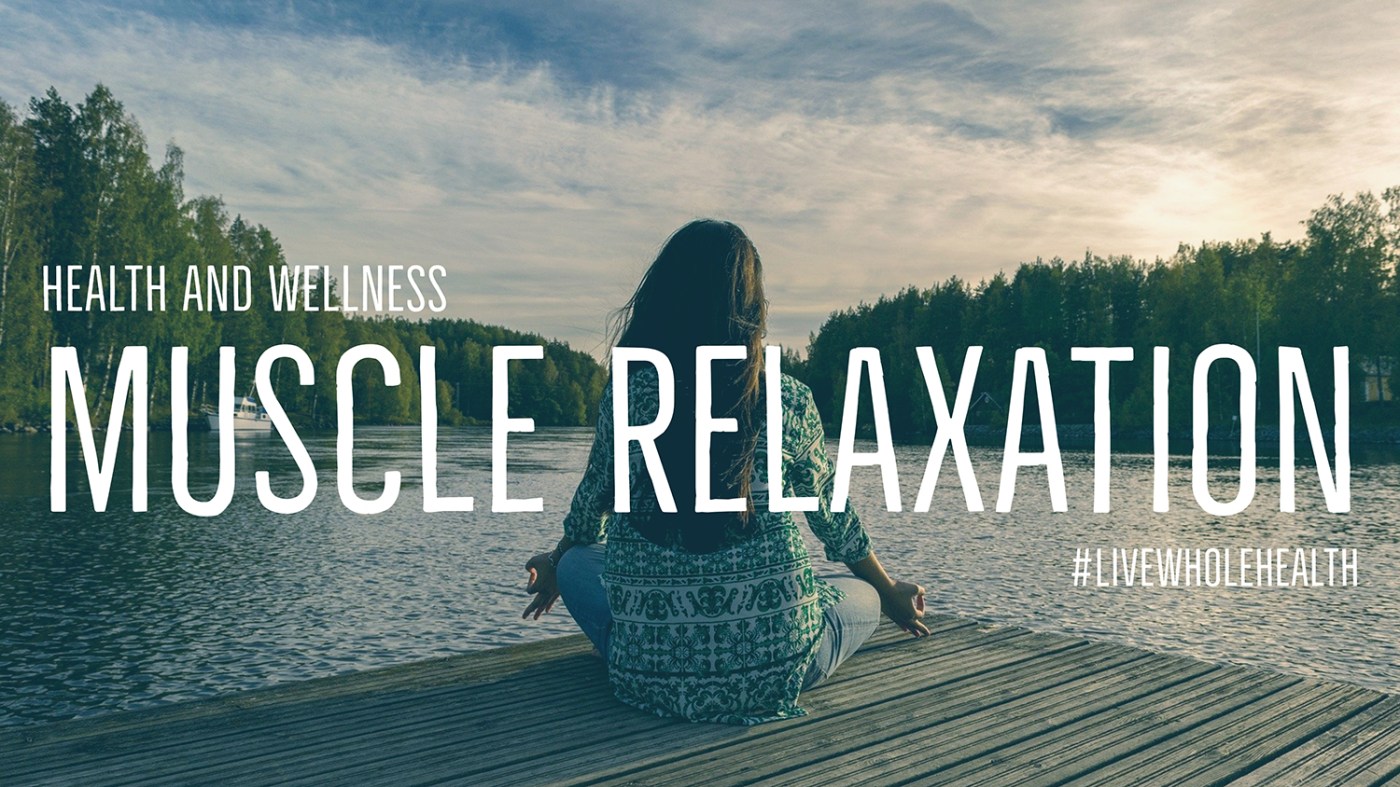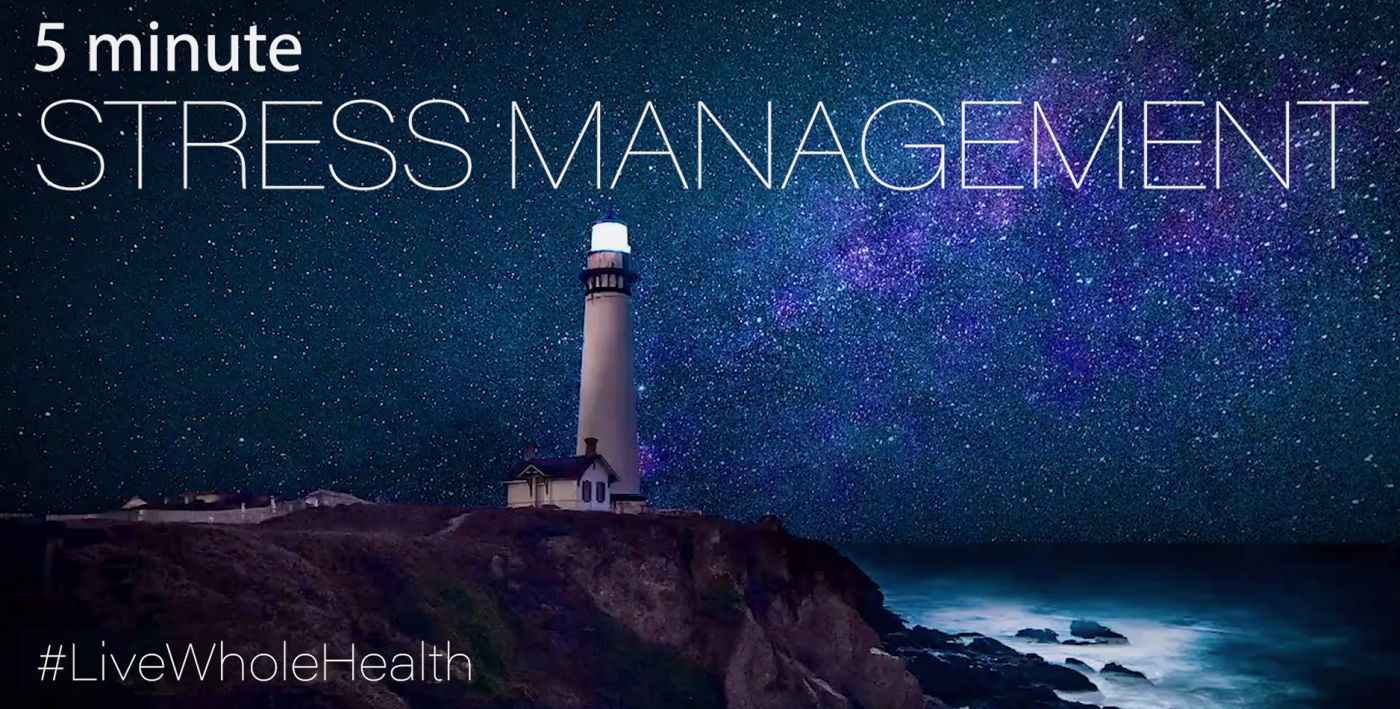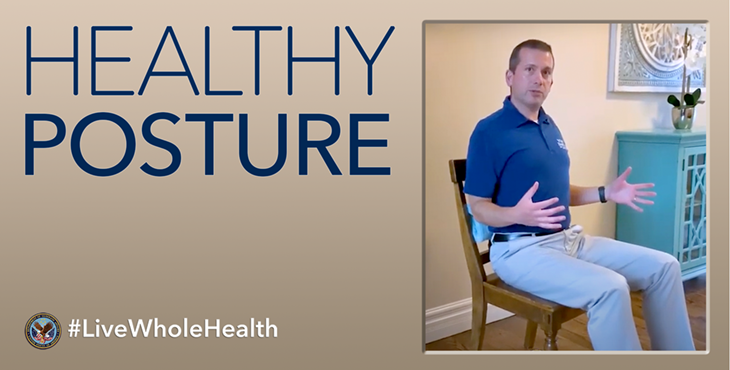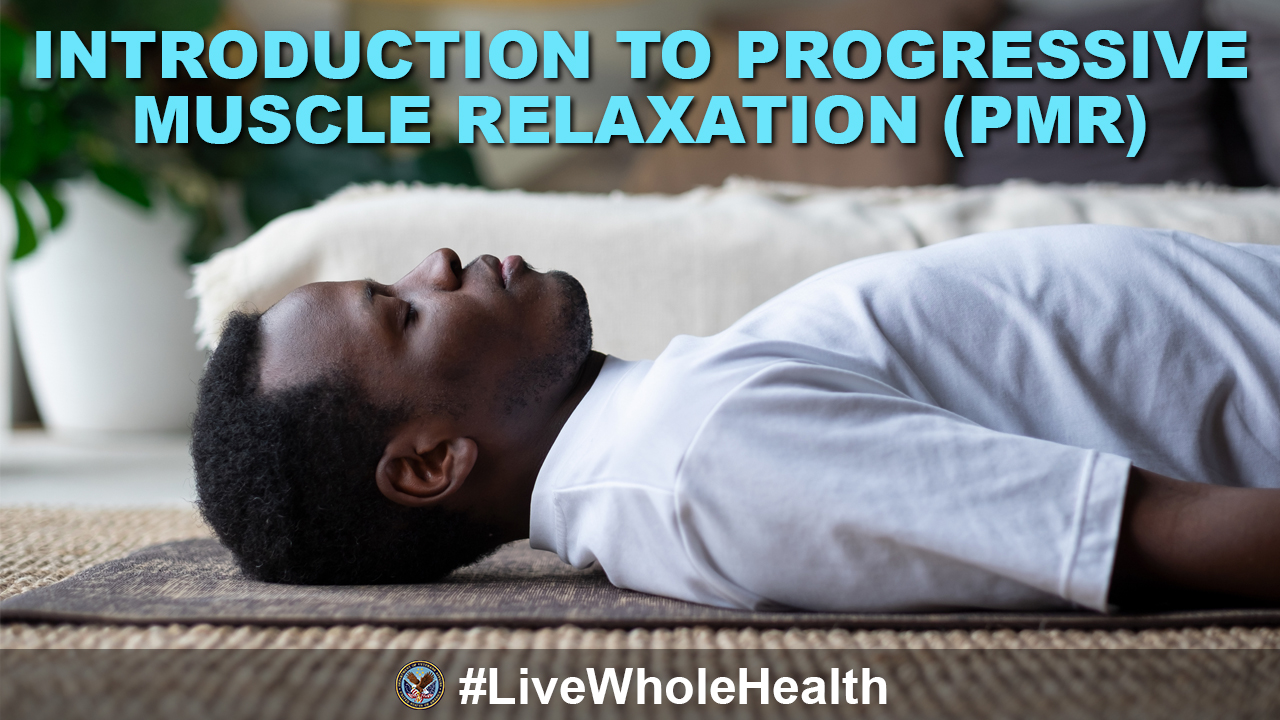Think about a big purchase you made, maybe a new phone, a large-screen TV, or even a new car. Remember how excited you were when you brought it home? Depending on how long ago this purchase was made, there’s a good chance it’s now part of your surroundings and you don’t consider it special anymore. You may even wish you could afford an upgrade because what you used to love just doesn’t cut it anymore. In short, we adjust to our experiences. What was initially new or unusual becomes normal, often to the point we don’t notice it anymore.
One of my favorite examples of how we adapt relates to our lack of sleep. You likely know that we should get 7-9 hours of sleep a night, though some think they can get by on as little as 5-6 hours. In fact, research shows that 10 days of six hours or less of sleep a night leads to people being as impaired in their performance as going without sleep for 24-hours straight! People who routinely get five hours of sleep a night or less for several months (or longer) start to see their memory problems, lack of attention, and reduced energy as normal, and don’t even realize how much their lives would improve if they just slept a little more.
We carry this as tension in our bodies. We tighten our muscles, hunch our shoulders, breathe more shallowly. This becomes our new normal if we stop noticing that we carry an exhausting tightness with us everywhere we go. This is where Progressive Muscle Relaxation (PMR) can help.
PMR is a process of tensing one part of your body at a time and then releasing it, paying attention to the experience of how it feels to “let go.” Doing this practice helps you learn where you carry tension and how to release it, and it’s used to manage stress and anxiety, reduce chronic pain including headaches, decrease blood pressure, and help with digestion. As we start to pay attention to areas where we’re struggling—physical, emotional, or otherwise—we can begin improving those areas.
Oh, and Progressive Muscle Relaxation is also an effective treatment for insomnia. Maybe with some practice you can start to get those 7-9 hours a night and see benefits you didn’t expect.
Follow along with Lamanda Blackman from the Central Arkansas VA Medical Center as she leads a 9 minute Wellness Muscle Relaxation session:
Recharge
Recharging involves getting enough rest, relaxation and sleep. A good balance of these can improve your physical and emotional health. To learn more about the “Recharge” component of the Circle of Health visit: https://www.va.gov/WHOLEHEALTH/circle-of-health/recharge.asp
Check out this short video from VA Clinical Research Psychologist, Dr. Sarra Nazem, on “Sleeping Better Feeling Better” https://www.youtube.com/watch?v=O2tqHFAIl9k&feature=youtu.be
Marc Castellani, Ph.D., NBC-HWC, is the Whole Health Clinical Education Coordinator for the VHA Office of Patient Centered Care and Cultural Transformation
Topics in this story
More Stories
Ignoring challenging emotions can negatively impact our health. Breathe through worry, anger and sadness in 5 minutes with this week's #LiveWholeHealth practice.
We all have to-do lists, but our health can't always wait. See how improved posture can improve our well-being in this week's #LiveWholeHealth practice.
After a long day, relaxing shouldn't feel like another chore. Unwind in minutes with Progressive Muscle Relaxation for this week's #LiveWholeHealth practice.







Thank you
As a clinical psychologist over 5 decades this method really works well. I’ve had clients inform me that in time, they fell asleep before completing the technique!
Rich